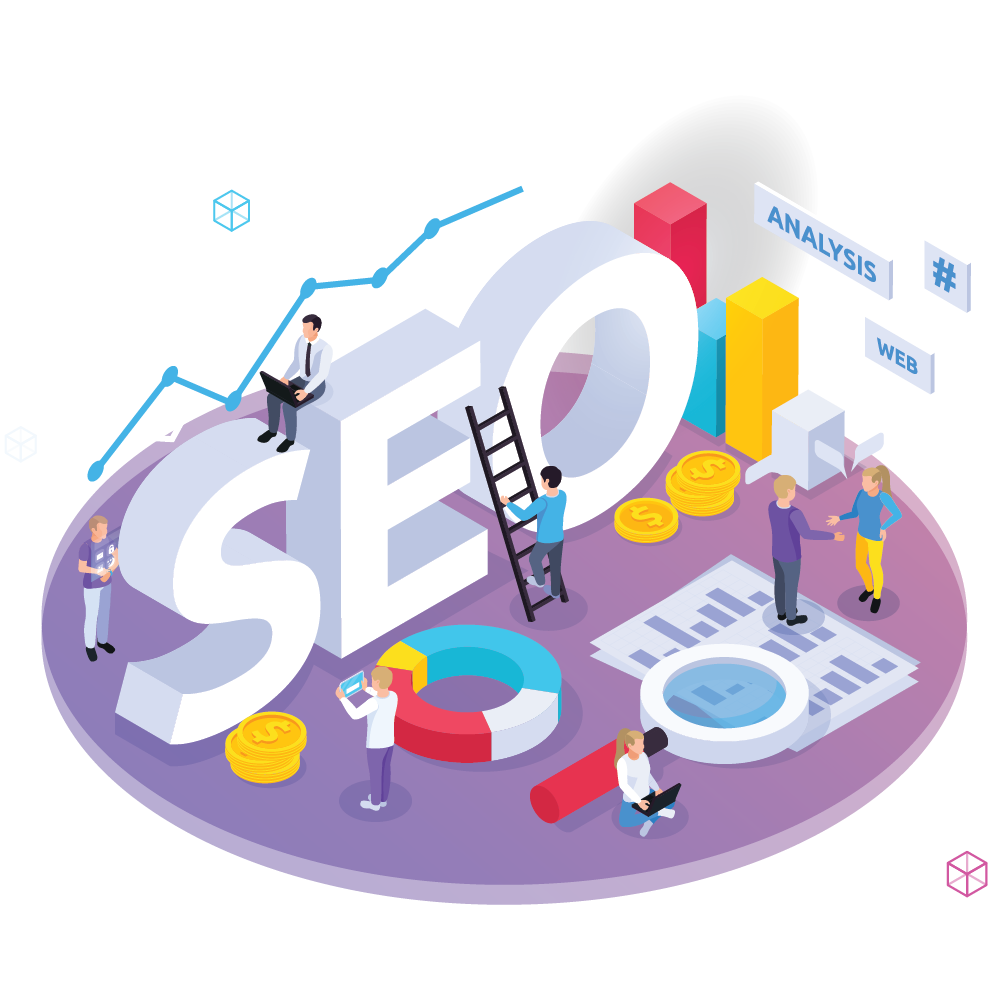
Happy Clients
Projects Completed
Running Projects
What is SEO?
SEO means Search Engine Optimization and is the process used to optimize a website's technical configuration, content relevance and link popularity so its pages can become easily findable, more relevant and popular towards user search queries, and as a consequence, search engines rank them better.
SEO stands for “search engine optimization.” In simple terms, SEO means the process of improving your website to increase its visibility in Google, Microsoft Bing, and other search engines

